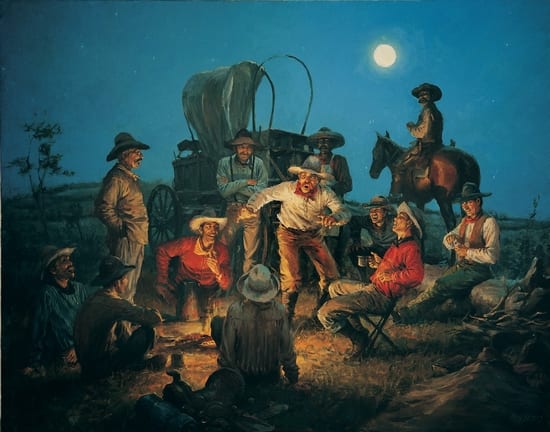 The word “storytelling” is all the rage in the communications world. We’ve abandoned the time-honored tradition of “messaging” and switched to swapping stories with each other. The notion is simple. The public has rejected artificial messaging. They crave authentic stories with descriptive language and personal anecdotes.
The word “storytelling” is all the rage in the communications world. We’ve abandoned the time-honored tradition of “messaging” and switched to swapping stories with each other. The notion is simple. The public has rejected artificial messaging. They crave authentic stories with descriptive language and personal anecdotes.
This evolution makes sense for many reasons, but comes with a dark side. As with many communications trends, the storytelling movement has become the new bandwagon we’re all jumping on. In fact, talk of “storytelling” is so prevalent, that it just might run the risk of quickly becoming overdone and overexposed.
The concept of storytelling can also be a tough sell for some executives. The phrase can sound so “elementary school,” so “Once upon a time…” It can be a challenge to convince a seasoned executive – schooled in the comfort of structured message delivery – to get in touch with his or her inner “Hans Christian Anderson.”
But in fact, that’s exactly what is needed. While “storytelling” is getting the buzz, it is “storytellers” who have defined the way we as a society share and assimilate information. Instead of talking warm and fuzzy “storytelling,” we need to move more communicators to “authorship.” Why do certain stories resonate? An author is the creative force that organizes and interprets events and gets us to experience the world from a different perspective. Looking at communicating through the lens of several world-renown authors, business leaders can learn a lot about the essential techniques for crafting stories that are shareable and memorable.
William Shakespeare – The world’s greatest playwright created characters that mirror the human experience. We are drawn into the stories of Hamlet, King Lear and Macbeth because we recognize characteristics we see in ourselves. From tragic kings to the comic relief of the Fool, the Bard drew on a wide range of human traits, foibles and emotions to engage his audience. Like Shakespeare, communicators need to populate their stories with relatable characters we want to get to know.
Arthur Conan Doyle – The creator of detective Sherlock Holmes gave us perhaps the most iconic hero of modern fiction. It was Doyle’s attention to detail that helped define Holmes, from his clothing to his personal history to his idiosyncratic habits. These days, there is no patience for a generic “talking head.” The public demands that the spokesperson of the 21st century have a backstory. While it’s not necessary to overshare, as the hero of your story, you need to serve up a distinctive personality that stands out from the crowd.
John Grisham – From the courtroom to the law firm, the king of legal thrillers peppers his tales of intrigue with fascinating insider details. Your story is an opportunity to pull back the curtain. Don’t ignore the everyday details of your business that add texture and illuminate your work for the public.



